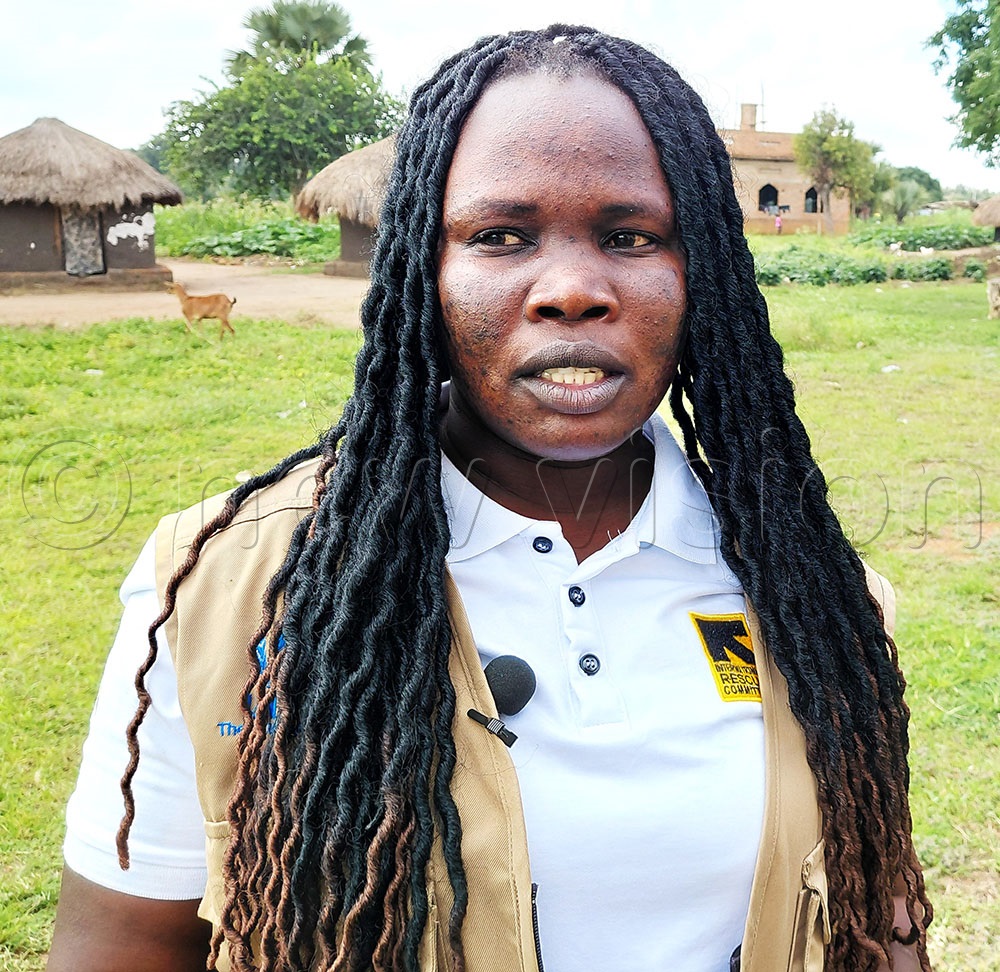Youth-friendly corners, community outreaches reduce teenage pregnancies in Yumbe
Fasalin Gwo Lino, a volunteer in Kerwa sub-county, reported that more than five defilement cases have been uncovered through the safe space in just two months.
Adolescents and teenage mothers attending to a SRHR session in one of the health facilities. (Credit: Robert Adiga)
By Robert Adiga
Journalists @New Vision
YUMBE - A concerted effort establishing youth-friendly health corners and launching community outreach programmes is reducing high rates of teenage pregnancy in Yumbe district, New Vision Online has learnt. Yumbe is a region previously among the worst affected by high teenage pregnancies in Uganda.
The challenge of teenage pregnancy escalated dramatically after the COVID-19 outbreak, creating a significant hurdle for government agencies and development partners.
In Yumbe, a district hosting over 200,000 refugees within its 1.1 million population, the crisis strained social and economic structures and overwhelmed healthcare systems.
Widespread stigmatisation and marginalisation excluded many young mothers from essential sexual reproductive health and rights (SRHR) services, often leading to birth-related complications.
To address this, the PROTECT SRHR project, funded by the Embassy of the Kingdom of the Netherlands and launched in May of this year, initiated a multi-faceted approach.
Implemented by a group, led by the International Rescue Committee (IRC), the project focuses on strengthening access to SRHR services, education and economic empowerment across six districts, including Yumbe.
A core strategy has been the creation of adolescent-friendly spaces within health facilities and at the community level.
These dedicated spaces provide a safe and private environment for young people to access counselling, family planning, and other SRHR services without fear of judgment.
“We have set aside a room for the teenage mothers to have their sessions where they express themselves freely,” said Hope Amaniyo, a midwife at Locomgbo Health Centre II. 
Annet Fura, the Social Protection Officer International Rescue Committee under the PROTECT-SRHR project. (Credit: Robert Adiga)
“This has increased the numbers visiting the facility for SRHR services like family planning; we now receive up to five teenage mothers a week.”
The project also relies on a network of peer educators and community-based volunteers to break down cultural barriers and identify cases of abuse.
Fasalin Gwo Lino, a volunteer in Kerwa sub-county, reported that more than five defilement cases have been uncovered through the safe space in just two months.
Annet Fura, a social protection officer with the IRC, explained the model: “We have recruited community-based volunteers and peer educators because young people are vulnerable and often cannot make decisions on their own. Many teenage pregnancies are actually defilement cases, and these spaces help us identify and address them.”
Beyond immediate services, the initiative builds long-term capacity by training healthcare workers.
Jimia Onzia, a midwife at Midigo Health Centre IV, commended the project for building their capacity to manage adolescent health and mentor staff at lower-level facilities.
While the district’s assistant health officer, Irene Maturu, acknowledges the success of these partner-driven dialogues with local leaders, she raised concerns about long-term sustainability once the four-year project ends, as the district lacks the budget to continue such interventions independently.
The PROTECT SRHR project is being implemented in 83 sub-counties, 187 health facilities, and 610 schools in the districts of Pakwach, Nebbi, Terego, Maracha, Koboko, and Yumbe.